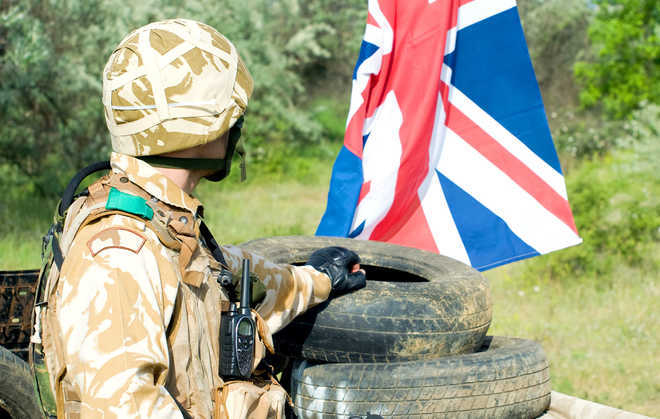
ON the eve of the World War I armistice centenary, the British government has announced that it is opening its doors wider for soldiers from Commonwealth nations to be enlisted in the UK armed forces. Before we get to that, let’s look at the conditions under which 15 lakh soldiers from India fought in the Great War. World War I commemoration events showed how the soldiers, disproportionately large number of who were from this region, faced brutality, racial discrimination and prejudice even as they fought heroically on battlefields in Europe and Africa, where an estimated 34,000 made the ultimate sacrifice.
Indians do not fight under a foreign flag, although persons of Indian origin who are citizens of other nations have long distinguished themselves in foreign armies. This is not going to change. The British Army, however, has maintained a component of Gurkha soldiers for over two centuries, but it was only in 2014 that these soldiers were allowed to settle in Britain after they had served their term. There have also been issues about their pay and pensions.
Unlike India, certain Commonwealth countries contribute soldiers to the British armed forces, but the 200-a-year cap was lifted in the face of a shortage of 8,200 personnel. Yes, this is not quite a floodgate, but then the British armed forces have been slow to change. Women were allowed to apply for all positions in the armed forces only last month. The new recruitment effort has come about because of a chronic shortage of candidates, which people from the Commonwealth countries are likely to fill. Naturally, such a move would also allow for more diversity, which is needed. The British army has to evolve with the times and needs fresh blood, but the irony of opening doors of the most vital and strategic arm of the country at a time when the political and rhetorical tide is against immigration, can’t be missed.
